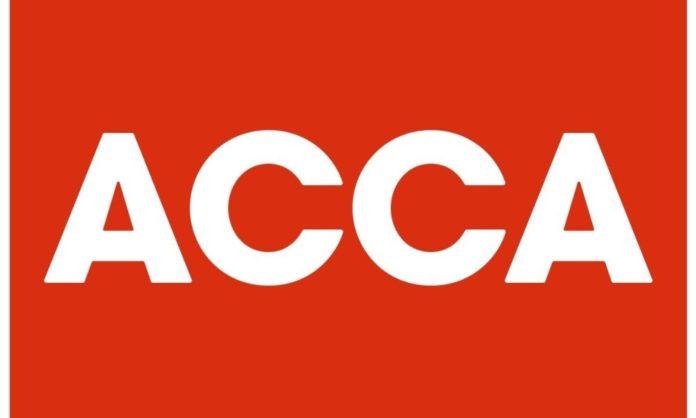Dated May 5, 2023, in Lahore, the need for effective risk management is obvious given that corporate failures have made headlines this year. This is the reason the Association of Chartered Certified Accountants (ACCA), The Association of Insurance and Risk Managers (Airmic), and the Professional Risk Managers’ International Association (PRMIA) worked together on a recent study to assess how risk and financial leaders are handling risk culture and how well they comprehend its impact on the organization’s overall strategy.
The study is based on a global online poll that was supplemented by a variety of interactive interactions with the members of the three professional bodies. It gathered opinions from thousands of risk and financial professionals around the world. Risk Culture: Building Resilience and Seizing Opportunities, a new report, details the conclusions.
While ‘box ticking’ is common, this groundbreaking study discovered that risk culture is becoming more popular as a means of coping with disjointed organizational cultures and difficult-to-detect risk breadth.
Regulation, compliance, and risk were the top risks for risk and finance professionals in all areas, followed by technology, data, cybersecurity, and economic inflation and recession.
According to results specific to each industry, respondents in the financial services sector were more likely to name “technology, data, and cybersecurity” and “regulatory, compliance, and legal” as their two top risk priorities, while respondents in the corporate sector ranked “logistics and supply chain” issues as one of their top three risk concerns. Interestingly, the corporate sector ranked “misconduct, fraud, and reputational damage” lower than any other despite an increase in corporate fraud cases.
Some of the overarching concerns coming out of the report are that risk conversations continue to happen in a vacuum at the top of organizations, and that engagement not only between boards and senior management – but also across functions and roles – needs significant improvement.
“Recent corporate collapses remind us of how inadequate and siloed risk governance can be, regardless of what is said in their financial statements,” said Rachael Johnson, head of risk management and corporate governance at ACCA and author of the report. “As our research shows, it is not only the regulators who are asking questions. In today’s highly interconnected, digital world, even a weak risk culture is better than none.”
“In an increasingly high velocity, complex and connected world, tensions can be created between managing performance, innovation, controls, and assurance.”
Julia Graham, CEO of Airmic, a partner said: “This report addresses how risk culture can contribute towards managing these tensions as part of good governance and concludes that managing risk dynamically and building resilience collaboratively are changing risk culture for the better.”
“Recent events, such as FTX and Silicon Valley Bank, show us that risk culture, more than ever, needs to be front and center for risk and accounting professionals,” said Justin McCarthy, CEO of PRMIA. “This report shows how we need to help our respective members work and learn together more.”
Over 2,000 risk and financial specialists from around the world contributed their insights to the research. 1,823 unique replies were submitted to the online survey in October 2022 by risk and financial professionals from various businesses throughout the world. These people have backgrounds in accounting to a large extent (93% are ACCA members). More qualitative information was added as a result of additional forums, roundtables, and one-on-one interviews with more ACCA members.
Risk Culture Conversations, a supplement to the study, delves into the two open-ended survey questions as well as these discussions and feedback from our online community pop-up platform, which happened in November 2022.
To complement the findings, the report also includes ten calls to action.
- Empower risk leaders to drive risk culture and influence behaviors.
- Resist the danger of tunnel vision when faced with a multitude of risks.
- Understand the behaviors driving both good and bad outcomes.
- Don’t mistake a ‘tick the box’ compliance approach as true, value-added risk management.
- Consider how you define the role of accountants in risk culture, particularly in reconciling ethics with profits.
- Define risk appetite clearly and communicate its purpose to help guide behavior and inform better decision-making.
- Eliminate the fear factor by creating a ‘hands up’ culture through visibility and leading by example.
- Measure and incentivize the risk culture you want by ensuring ‘everyone owns it’.
- Promote good governance through role clarity and knowing who is responsible and accountable for what.
- Coordinate multi-stakeholder engagement with regulators leading to more positive, pro-society outcomes.
ACCA will publish additional research on risk culture by industry throughout 2023.
Stay tuned to Brandsynario for more news and updates.











































